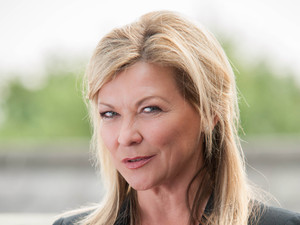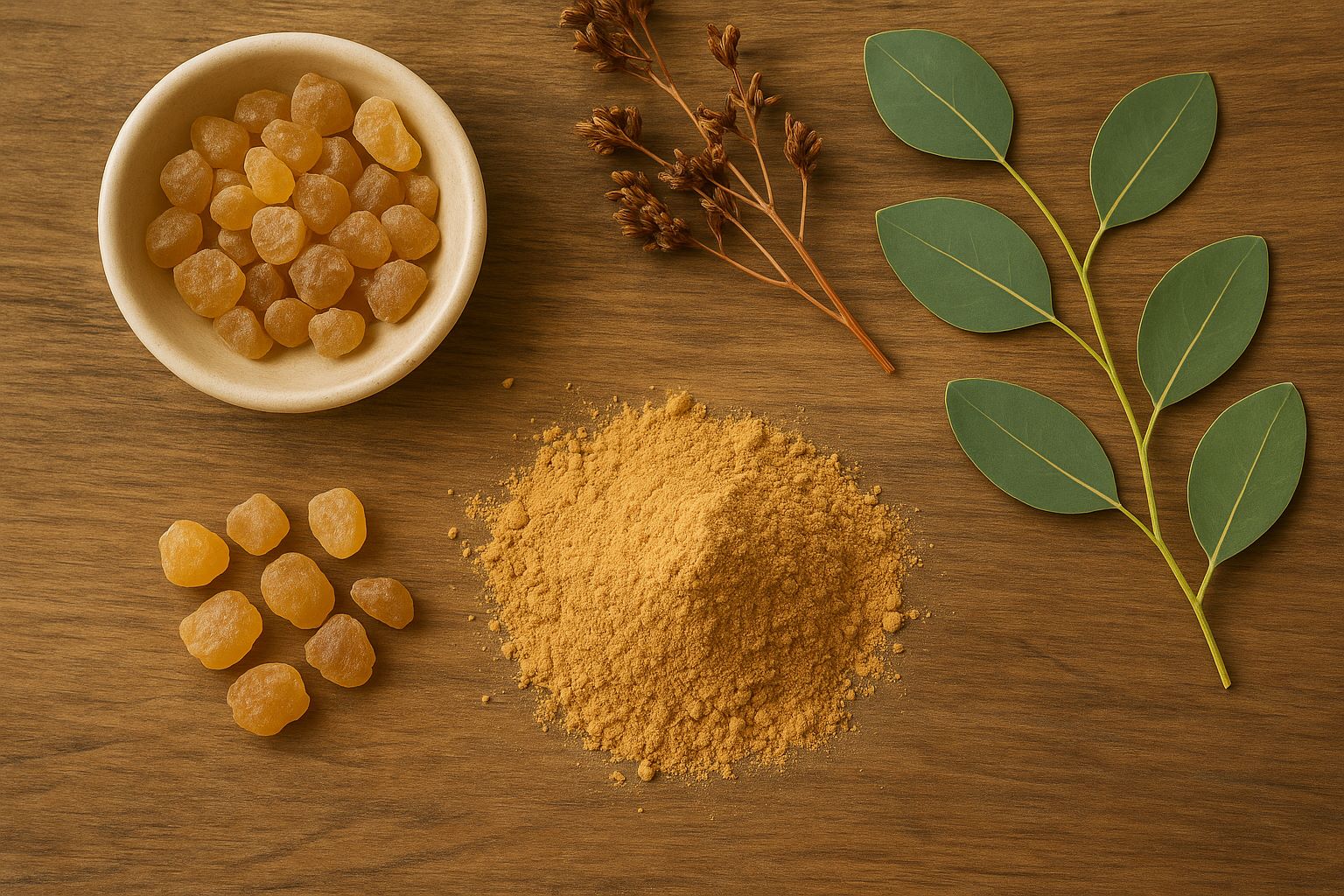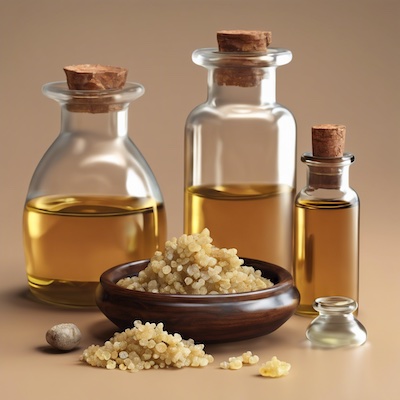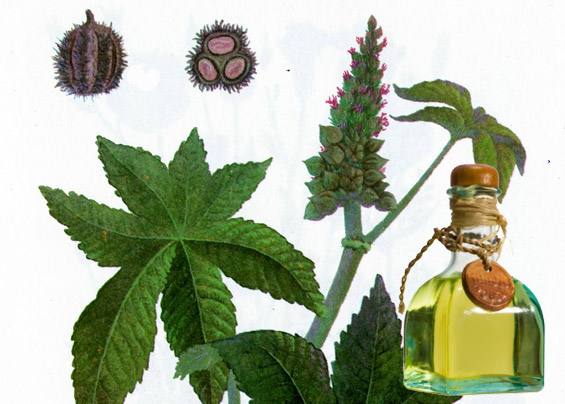Claire King doesn’t look like your typical arthritis sufferer but the former Emmerdale star faces a daily battle to cope with the painful condition.And as she gets older she admits she’s becoming more worried about the future and the possibility she may face major surgery one day.
But she’s determined it won’t stop her living life to the full at the moment.
“I worry about my health deteriorating. It scares me,” Claire says.
“It feels like my whole body is falling apart. I have elderly parents and they’ve got problems too, so I want to be around to help them.
“I don’t want to be a helpless old woman who can’t do anything for anyone because all my joints are falling apart.
“That’s what motivates me to look after my health.”
She first realised something was wrong when she woke up up to a throbbing pain in her fingers, three days in a row.
Her GP diagnosed rheumatoid arthritis – an auto-immune disease that causes inflammation in the joints.
Claire, 46, best known for playing superbitch Kim Tate in Emmerdale and Karen Betts in Bad Girls, says the constant pain affected her entire life.
She said: “I was diagnosed about 13 years ago, not long after I joined Emmerdale.
“I had started getting really bad aches in my hands, feet and knees – it felt like I had been hit with a hammer.
“My doctor put me on a course of medication and gave me some advice about helpful things to try to ease the pain.
“But for a while it just carried on getting worse.
“I would get up in the morning and be hobbling like an old woman because my joints hurt so much.
“I struggled to go to work and to do the things I love, like horse-riding, because of the pressure it put on my knees.”
Rheumatoid arthritis affects one in a hundred adults in the UK and progresses differently, depending on how aggressive the condition is. In the worst cases, it seriously damages your ability to carry out everyday tasks and leaves you dependent on others.
There is cure for the condition at present but it can be managed with drugs and some simple lifestyle changes.
Claire says finding the right treatment has allowed her to live a normal life – even competing with Brendan Cole in Strictly Come Dancing three years ago.
“The medication I was prescribed after my diagnosis wasn’t very effective and after a few months I was still in a very bad way.
“My doctor suggested I try some natural products: Hellenia’s MSM tablets, Celadrin tablets and joint relief cream. They were fantastic – particularly the cream, which relieves the pain in about half an hour.
“It was great, because I could use them when I was really struggling and everything became much more manageable.
“Strictly Come Dancing was at times quite a painful experience but I really wanted to do it, and I did, with painkillers and bandages on my feet.”
Partnered with ballroom bad-boy Brendan, Claire became the ninth celebrity to leave – the longest an over 40 female contestant has ever lasted.
“I wanted to do Strictly to prove to myself and other people I could do it.
“My doctor warned me to pull out if I had any problems, but luckily it never got to that stage.
“My feet did get quite bad, but I looked after myself with lots of hot baths and foot spa treatments, so I could keep going –
though those stilettos were absolute killers.
“The thing that really annoyed me was after I mentioned my arthritis on screen, lots of people wrote online that I only said it for the sympathy vote. That made me really angry – how would they know what it’s like?”
After her stint on Strictly, Claire took her new, toned curves a step further, producing a fitness DVD aimed at older women – the Ultimate Body Workout.
The exercise has helped her arthritis.
She says: “I did the DVD because all of the ones already out seemed to be from 20-year-olds doing disco moves to lose weight.
“I wanted to bring one out for women aged 30 and over who wanted to tone up rather than drop a dress size.
“And I still do it all the time, despite my arthritis, because it helps to exercise, as long as you don’t overdo it.”
While there are several ways for people with rheumatoid arthritis to limit the damage it causes, sufferers need to look after themselves well to make sure their condition does not deteriorate.
Claire says: “I can still go horse-riding and exercise – if I can do Strictly I can probably do most things.
“And even though my feet are sometimes painful, I can still wear stilettos.
“I just buy a bigger size and put in padding.”
What is it?
Rheumatoid arthritis is an auto-immune disease that causes inflammation of the joints – leading to painful aches and stiffness.
While the causes are not known, possible culprits include infections or viruses, diet or injury.
Symptoms can occur at any age, though they are most common in adults between 40 and 60.
Women are three times more likely to be affected than men.
While there is no cure for the disease, it can be treated effectively, allowing sufferers to live normal lives. But for this to happen, the condition must be diagnosed early.
Director of Operations at the National Rheumatoid Arthritis Society, Lynn Love said: “People often mistake their symptoms for general tiredness, or aches and pains.
“They will feel very tired and experience stiffness in their joints in the morning, but think it is normal.
“I would encourage anyone with these symptoms to go to their GP – the sooner the condition is diagnosed the better.”
What you can do
MEDICINE
When you are diagnosed, your doctor should refer you to a rheumatologist, who will prescribe a course of drugs. You can also try natural remedies such as Hellenia Joint Synergy tablets and cream.
DIET
Try to stick to a heathy diet with plenty of vegetables.
Steer clear of caffeine and alcohol and reduce your salt intake. Also avoid as much processed food as possible.
EXERCISE
A little exercise is healthy as long as you don’t overdo it. Try to do some light activities to keep you moving. If you’re not sure about fast-paced exercise try something more relaxing, like yoga.
STOP SMOKING
Smoking is a big no-no for rheumatoid arthritis sufferers. Puffing on a fag will make your pain more aggressive, and you are at greater danger of heart problems – as this type of arthritis also carries a cardiovascular risk.
Source: Daily Mirror







